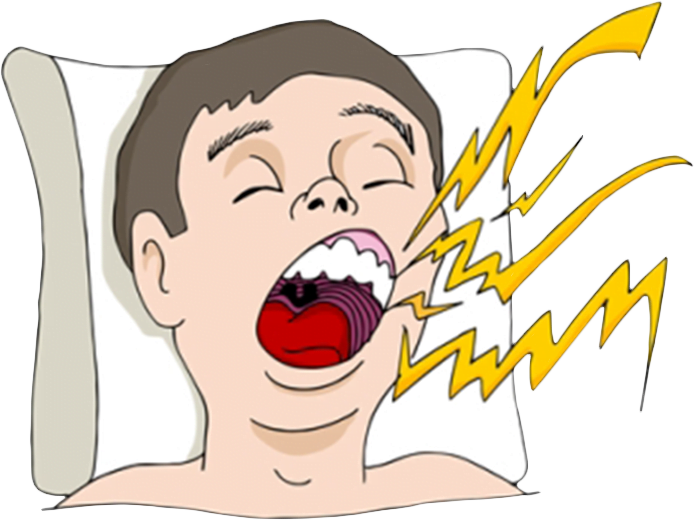In simple terms, we snore when our body is not able to move air freely through the nose and throat, while we are asleep.
In terms of anatomy, snoring is a result of a partially closed upper airway or the upper respiratory tract, that includes the nose and throat.
Excessive relaxation of the neck muscles is the leading reason for snoring.
This is because the upper airway partly closes and becomes too narrow, and it causes very little air to pass through to the lungs.
Being overweight is one of the foremost causes for snoring.
If your Body Mass Index(BMI) is on the higher side, you are more prone to snoring.
Smoking and consuming alcohol disturb the muscles of the throat and upper airway, thereby causing breathing problems, and ultimately snoring.
Body structure and physical attributes of individuals are a significant cause for snoring.
This means men are more likely to snore than women, as they have narrower air passages. Once your body starts to age, the throat becomes narrower.
This causes the muscle tone in throat to lessen, and this leads to snoring.
Changes in climate and pollution often the prime reason for a blocked nose or congestion, due to cold or allergy.
This in turn, makes breathing a cumbersome job, which creates a vacuum in the throat, thus giving way to snoring




